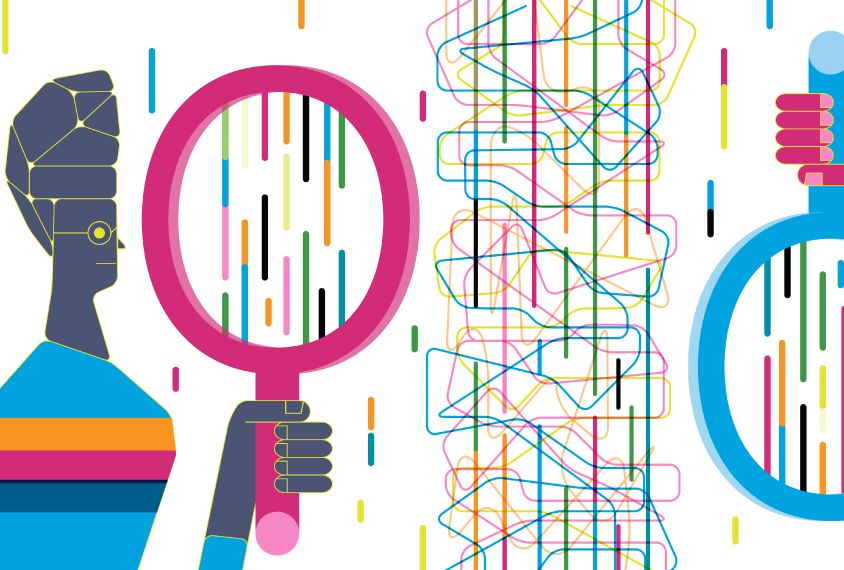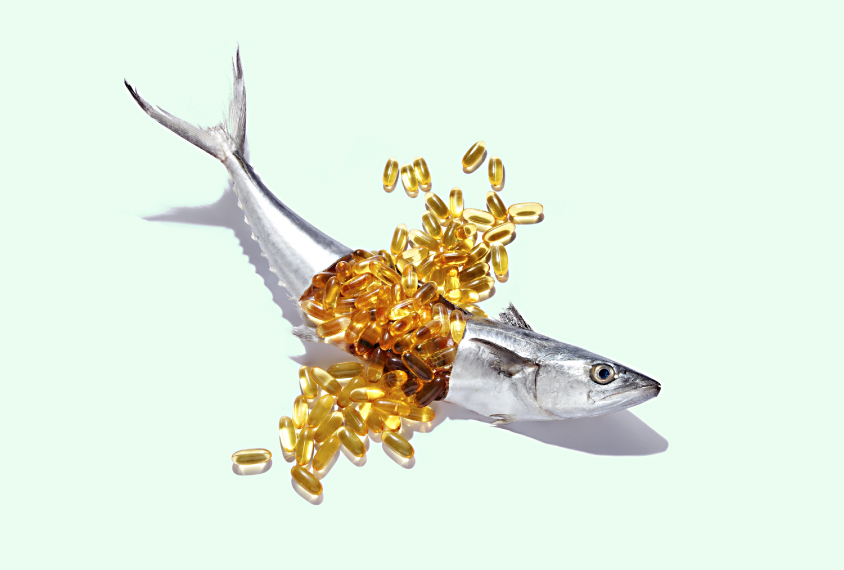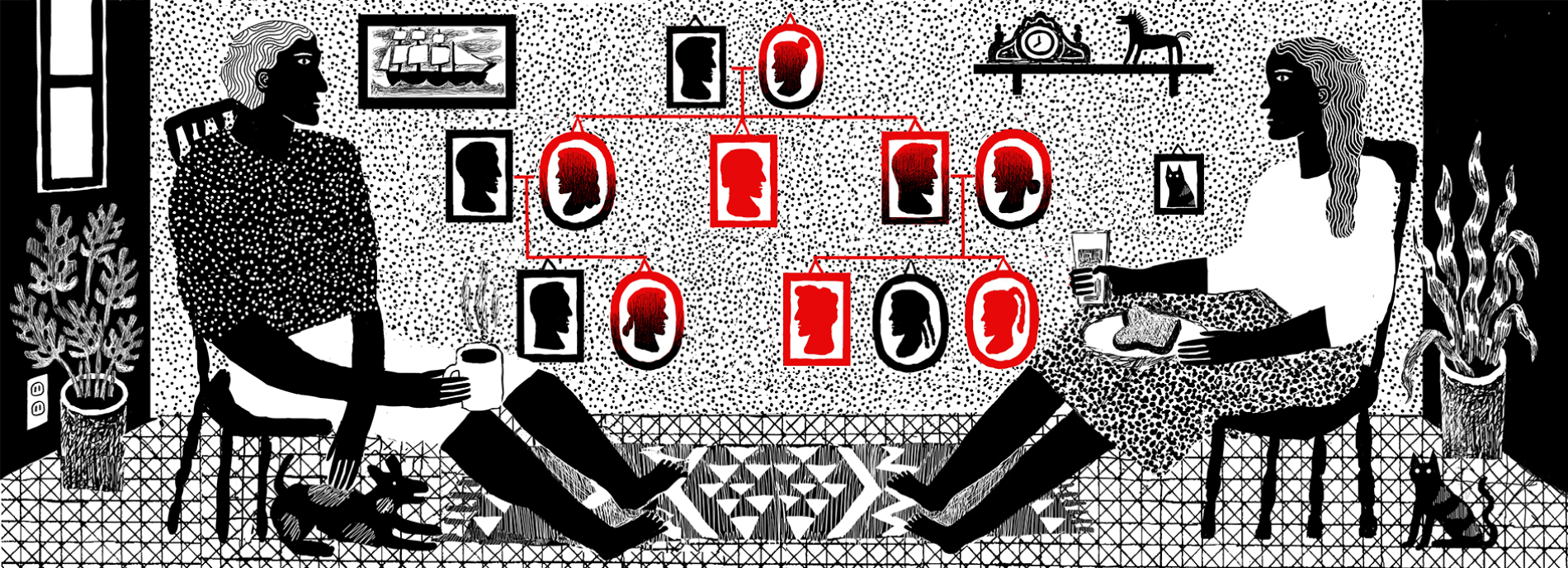Interactive Autism Network
Recent articles
How to safeguard online data collection against fraud
When autism researcher Clare Harrop tried to recruit survey participants over social media, she received hundreds of fraudulent responses. But there are ways researchers can protect themselves from similar experiences.

How to safeguard online data collection against fraud
When autism researcher Clare Harrop tried to recruit survey participants over social media, she received hundreds of fraudulent responses. But there are ways researchers can protect themselves from similar experiences.
Interactive Autism Network, home to dozens of studies, set to shut down
The first online registry dedicated to autism research is scheduled to close down on 30 June, ending a 13-year run.

Interactive Autism Network, home to dozens of studies, set to shut down
The first online registry dedicated to autism research is scheduled to close down on 30 June, ending a 13-year run.
What grandmothers can teach scientists about autism’s inheritance
Women who have raised a child with autism may be well-positioned to spot subtle signs of the condition in their grandchildren. A new study puts their powers to good use.

What grandmothers can teach scientists about autism’s inheritance
Women who have raised a child with autism may be well-positioned to spot subtle signs of the condition in their grandchildren. A new study puts their powers to good use.
Diagnostic manual may need to separate repetitive behaviors
A detailed analysis of the behavior of 6,500 children suggests that five types of behaviors lumped together in current diagnostic guidelines should each be considered separately.

Diagnostic manual may need to separate repetitive behaviors
A detailed analysis of the behavior of 6,500 children suggests that five types of behaviors lumped together in current diagnostic guidelines should each be considered separately.
Depression common among men with autism, study finds
Most men with autism have other psychiatric disorders such as depression, finds a study of 50 men diagnosed with the disorder more than 20 years ago. The findings highlight the range of challenges for adults with autism, many of whom lack the help they need.

Depression common among men with autism, study finds
Most men with autism have other psychiatric disorders such as depression, finds a study of 50 men diagnosed with the disorder more than 20 years ago. The findings highlight the range of challenges for adults with autism, many of whom lack the help they need.
Spotted: Phony reviews; tracking trials
Springer pulled 64 studies over faked peer reviews, and positive clinical trial results are hard to find.

Spotted: Phony reviews; tracking trials
Springer pulled 64 studies over faked peer reviews, and positive clinical trial results are hard to find.
California universities to come together for autism research
The University of California has launched an ambitious 18-month project to connect autism researchers across its ten campuses.

California universities to come together for autism research
The University of California has launched an ambitious 18-month project to connect autism researchers across its ten campuses.
Clinical research: Maternal depression linked to mild autism
Women who have a history of bipolar disorder or depression are more likely to have a child with Asperger syndrome than classic autism, according to a study published in the 2012 issue of Autism Research and Treatment.

Clinical research: Maternal depression linked to mild autism
Women who have a history of bipolar disorder or depression are more likely to have a child with Asperger syndrome than classic autism, according to a study published in the 2012 issue of Autism Research and Treatment.
Blocking bullies
Children with autism are bullied three times more than their typically developing siblings, according to research from the Interactive Autism Network.

Blocking bullies
Children with autism are bullied three times more than their typically developing siblings, according to research from the Interactive Autism Network.
Genetics: Autism risk higher in full than in half siblings
Full siblings are twice as likely as half siblings to share a diagnosis of autism, according to a short report published 28 February in Molecular Psychiatry. The results suggest that genetic factors play an important role in the risk of developing autism, the researchers say.

Genetics: Autism risk higher in full than in half siblings
Full siblings are twice as likely as half siblings to share a diagnosis of autism, according to a short report published 28 February in Molecular Psychiatry. The results suggest that genetic factors play an important role in the risk of developing autism, the researchers say.
Explore more from The Transmitter
Neuro’s ark: Spying on the secret sensory world of ticks
Carola Städele, a self-proclaimed “tick magnet,” studies the arachnids’ sensory neurobiology—in other words, how these tiny parasites zero in on their next meal.

Neuro’s ark: Spying on the secret sensory world of ticks
Carola Städele, a self-proclaimed “tick magnet,” studies the arachnids’ sensory neurobiology—in other words, how these tiny parasites zero in on their next meal.
Autism in old age, and more
Here is a roundup of autism-related news and research spotted around the web for the week of 2 March.

Autism in old age, and more
Here is a roundup of autism-related news and research spotted around the web for the week of 2 March.
Lack of reviewers threatens robustness of neuroscience literature
Simple math suggests that small groups of scientists can significantly bias peer review.

Lack of reviewers threatens robustness of neuroscience literature
Simple math suggests that small groups of scientists can significantly bias peer review.